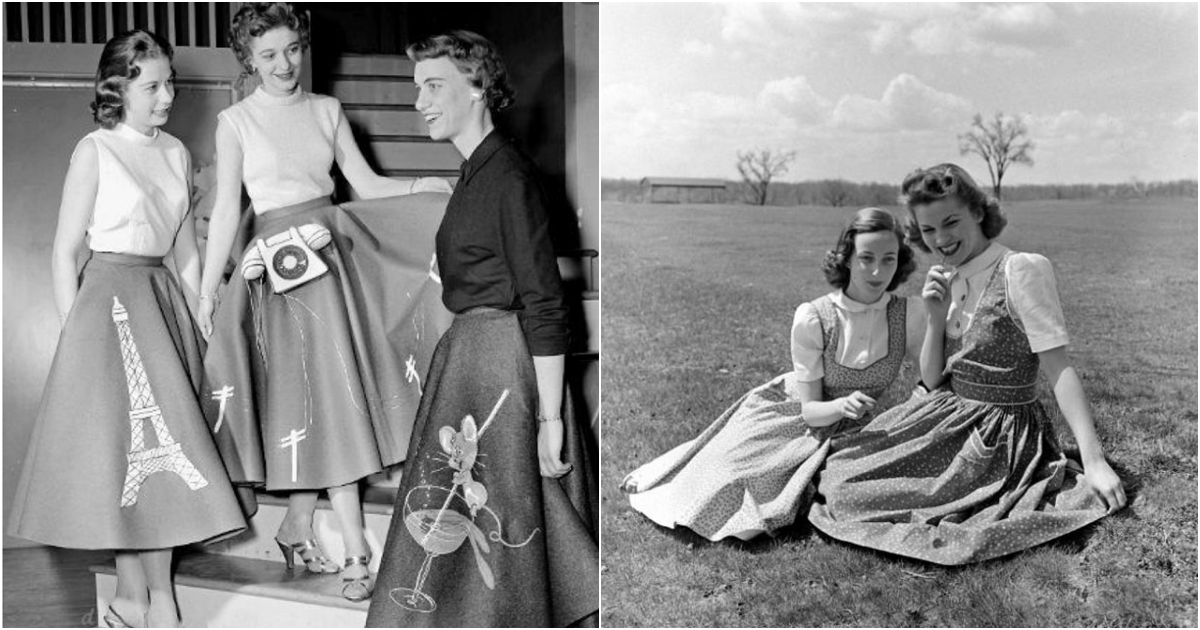In the golden era of television, few shows captured the hearts of audiences like "The Honeymooners." Premiering in 1955, this classic sitcom quickly became a cultural phenomenon and has since left an indelible mark on the history of television comedy. Created by Jackie Gleason and written by Herbert Finn, Marvin Marx, and A.J. Russell, "The Honeymooners" remains a timeless masterpiece that continues to entertain and influence audiences over six decades after its original run.
"The Honeymooners" emerged from "The Jackie Gleason Show," a variety show hosted by the charismatic and multi-talented Jackie Gleason. Gleason's immense popularity led to the creation of a regular sketch on the show known as "The Honeymooners." The sketch featured the adventures and misadventures of Ralph Kramden, a New York City bus driver, his wife Alice, his best friend and upstairs neighbor Ed Norton, and Ed's wife Trixie.
The sketch's simplicity and relatable themes of working-class struggles and family dynamics struck a chord with viewers. The interactions between the characters were genuine, and the witty, fast-paced dialogue quickly became a signature of the show. Audiences were drawn to the down-to-earth humor and the charm of the characters, especially Jackie Gleason's portrayal of Ralph Kramden.
The success of "The Honeymooners" can be largely attributed to the incredible talent of its cast, each of whom brought their unique flair to their respective roles.
Gleason's portrayal of Ralph Kramden, the blustery but lovable bus driver, remains one of the most iconic characters in television history. His comedic timing, facial expressions, and trademark catchphrases, such as "To the moon, Alice!" and "Bang, zoom!" endeared him to audiences and turned Ralph into a household name.
Audrey Meadows breathed life into Alice Kramden, Ralph's sensible and patient wife. Her portrayal added a touch of realism to the show, offering a counterbalance to Ralph's larger-than-life antics. Meadows' wit and chemistry with Gleason made their on-screen relationship one of the most endearing couples in television history.
Art Carney's portrayal of Ed Norton, Ralph's bumbling yet good-hearted best friend, was equally instrumental in the show's success. Norton's unique mannerisms, including his slow, drawn-out way of speaking and his physical comedy, made him a standout character and complemented Gleason's performance perfectly.
Joyce Randolph played Trixie Norton, Ed's patient and supportive wife. Though her role was relatively smaller than the others, her contributions to the show were significant, adding warmth and humor to the group dynamic.
The setting of "The Honeymooners" was the modest Brooklyn apartment shared by Ralph and Alice Kramden. The apartment became as much a character in the show as the cast members themselves. The simple, slightly rundown set perfectly mirrored the lives of its inhabitants, who were portrayed as working-class New Yorkers struggling to make ends meet. The iconic round kitchen table, where much of the comedic action took place, became a focal point of the show. It was around this table that the characters shared their dreams, plans, and often hilarious misunderstandings. The set's attention to detail and authenticity further immersed viewers in the world of "The Honeymooners."
Behind the laughter and timeless humor of "The Honeymooners" was the brilliance of its writing team. The show's writers crafted clever and relatable storylines that resonated with audiences across generations. The episodes often revolved around Ralph's get-rich-quick schemes or his misadventures in handling everyday situations, leading to hilarious consequences. At its core, "The Honeymooners" was about the ups and downs of married life and the enduring bonds of friendship. The writing showcased the complex yet endearing relationships between the characters, presenting them as flawed individuals who, despite their quirks, cared deeply for one another.
"The Honeymooners" was not just a comedy; it was a reflection of American society in the 1950s. The post-war era was characterized by rapid economic growth, and the show captured the aspirations and challenges faced by the working-class during this time. The struggles depicted in the series were relatable to many viewers, and it resonated with a broad audience.
Despite its relatively short original run of only 39 episodes, "The Honeymooners" left an enduring impact on popular culture. It has been referenced and parodied in countless TV shows, movies, and other media over the years. The show's catchphrases and comedic moments have become ingrained in the collective consciousness of comedy enthusiasts.
"The Honeymooners" also influenced subsequent generations of comedians and television creators. Its success demonstrated the power of genuine, character-driven humor and paved the way for future sitcoms to explore the everyday lives of ordinary people in a comedic light.
In the years following its original run, "The Honeymooners" experienced various attempts at reboots, spin-offs, and revivals. None of these iterations, however, achieved the same level of success and acclaim as the original. It became evident that the magic of the show lay in the chemistry and talent of the original cast and the unique time and place in which it was created.
"The Honeymooners" stands as a timeless classic in television comedy, with its humor and relatability continuing to entertain audiences long after its original run. The endearing characters, memorable catchphrases, and clever writing have secured its place in television history, and it remains a beloved piece of Americana.Even in the rapidly evolving landscape of television, "The Honeymooners" endures as a shining example of the power of genuine humor and the enduring appeal of stories centered on the trials and triumphs of ordinary people. As long as laughter is cherished, Ralph Kramden's dreams of hitting it big and the unbreakable camaraderie between the Kramdens and the Nortons will continue to bring joy to generations to come.

Nostalgic Photos of Disneyland in the 1960s _ OldUS


